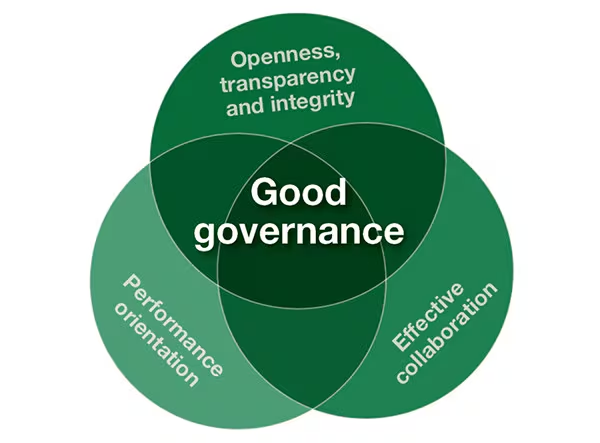Our Governance

We emphasize democratic principles in our governance, theology, history, and congregational independence. One way we express our congregational will is by using democratic processes in many areas of church programming and management. We apply the democratic process when the congregation votes on important issues. For example, we vote to call a minister, make capital improvements, or whether to participate in social justice initiatives.
Please go to the Members/Governing Documents page if you want to read some of our governing documents.
Governance In Unitarian Universalist Churches
Unitarian Universalist congregations use congregational polity to govern themselves. This involves the congregation directly making key decisions, such as adopting bylaws, electing leadership, and calling ministers. The Unitarian Universalist Association (UUA) is a voluntary association of these autonomous congregations, providing support and resources but not dictating governance.
Congregational Polity
Polity means any group of people organized for governance, such as the board of a corporation, the government of a state or city. Our church has a Board of Trustees.
This means we govern our church ourselves. Unitarian Universalist churches use a congregational model, meaning each individual congregation is largely self-governing. This autonomy we make our own decisions about worship, programming, and finances, guided by our congregational covenant and our shared values. The Unitarian Universalist Association provides support and resources, but ultimately, we are responsible for our own direction and leadership.
The congregation as a whole makes decisions on matters like bylaws, mission, calling ministers, and adopting budgets. We ground our decisions in principles of individual conscience, democratic process, and respect for the inherent worth and dignity of every person.
We elect a Board of Trustees to oversee financial matters, policies, and long-range planning.
Our minister serves as the spiritual leader and often collaborates with the Board and other leaders in the church’s ministry.
We share ministry, which means we collaborate with our minister to develop meaningful services and programs. Our minister is in the pulpit 2-3 times a month so our lay leaders lead services 1 or more times a month.
Our Leaders
At each Annual Membership Meeting, we elect members to the Board of Trustees for three-year terms. In case of emergency, we may appoint or elect Trustees to a partial term.
Our bylaws state: “The slate of officers shall be selected annually by the Board of Trustees at the first Board meeting of the new year, or as soon thereafter as practical.”
The Board of Trustees consists of:
- Congregation President
- Vice President
- Secretary
- Treasurer
- Five At-Large positions
You can go to our Staff and Leaders page to see who is currently on our Board of Trustees.
The Role of The Unitarian Universalist Association
The UUA is voluntary association; a collaborative body where congregations voluntarily join together. It is not a governing body (remember, congregational polity); the UUA provides support, resources, and facilitates connections between congregations, but does not govern individual churches.
The annual General Assembly is where delegates from congregations all over the country gather to conduct business and make decisions for the association.
The UUA also has a Board of Trustees elected by the General Assembly that governs the association between meetings.
